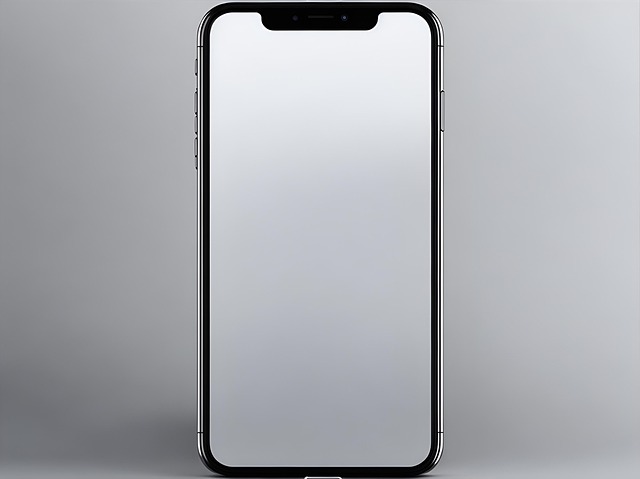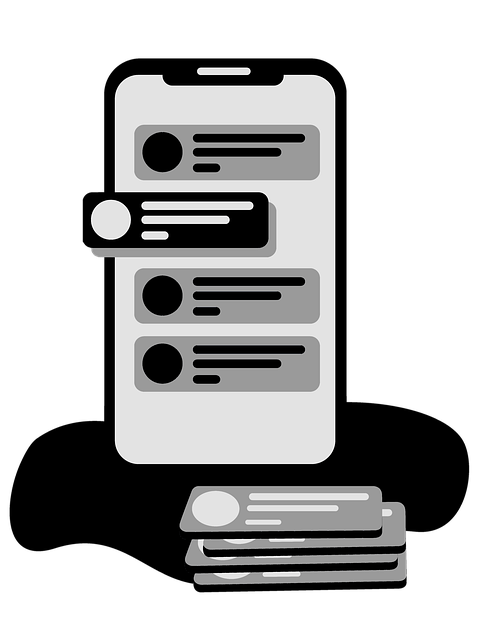Autodialer technology is a powerful tool for businesses in Washington D.C., but it comes with legal complexities, especially regarding data privacy and consumer protection. Engaging an autodialer attorney DC is crucial to navigate stringent regulations like the TCPA, ensuring compliance, data security, and maintaining customer trust. These experts guide businesses on consent acquisition, call records management, and sensitive data protection, fostering positive reputations and avoiding legal issues associated with autodialer operations in D.C.
In today’s digital landscape, data privacy is paramount, especially within Washington D.C.’s robust communications sector. Autodialer technology, while enhancing DC businesses’ outreach capabilities, raises significant privacy concerns. This article delves into the intricacies of autodialer use in the city, exploring legal frameworks like the D.C. Consumer Protection Act and best practices for attorneys to safeguard client data. Understanding these dynamics is crucial for minimizing risks associated with data breaches in an era where transparency and privacy are non-negotiable.
Understanding Autodialer Technology and Its Role in DC Communications
Autodialer technology plays a pivotal role in modern communications, especially within the District of Columbia (DC). This innovative system automates the process of making telephone calls, allowing businesses and organizations to reach large audiences efficiently. By using algorithms and software, autodialers can dial thousands of numbers simultaneously, enabling targeted marketing campaigns, appointment scheduling, and customer service initiatives. In DC, where political campaigns, non-profit organizations, and corporate entities thrive, an autodialer becomes a powerful tool for connecting with constituents, donors, or potential clients.
An autodialer attorney in DC is instrumental in navigating the complex legal landscape surrounding data privacy during such automated communication processes. With strict regulations like the Telephone Consumer Protection Act (TCPA) in place, ensuring compliance is essential to avoid hefty fines and maintain consumer trust. The attorney’s expertise helps businesses implement best practices for obtaining consent, managing call records, and protecting sensitive data, thereby fostering a positive reputation and avoiding potential legal pitfalls.
Data Privacy Concerns Arising from Autodialer Usage
The widespread adoption of autodialers in direct marketing and sales strategies has raised significant data privacy concerns among consumers and regulatory bodies alike. These automated calling systems, while efficient at reaching a large number of potential customers, can potentially infringe upon personal privacy. Every time an autodialer makes contact, it leaves behind digital footprints that capture valuable personal information, including phone numbers, names, and in some cases, even browsing histories or financial data. This raises critical issues under consumer protection laws, particularly for businesses operating in Washington DC, where strict regulations govern the handling of private data.
An autodialer attorney in DC can help navigate these complex legal waters by ensuring compliance with regulations such as the Telephone Consumer Protection Act (TCPA). They play a pivotal role in advising businesses on best practices to minimize privacy breaches, including obtaining proper consent for automated calls, providing opt-out mechanisms, and securely storing collected data. By addressing these concerns proactively, companies can avoid costly legal repercussions and maintain consumer trust in their autodialer operations.
Legal Frameworks Protecting Data Privacy in Washington D.C.
In Washington D.C., data privacy is governed by stringent legal frameworks that protect individuals’ personal information from unauthorized access and use. The District’s Consumer Protection Act, along with federal laws like the Telephone Consumer Protection Act (TCPA), imposes strict regulations on businesses using autodialers to make telemarketing calls. These laws require companies to obtain explicit consent before placing automated calls and mandate clear opt-out mechanisms for recipients.
Autodialer attorneys in DC play a crucial role in ensuring compliance with these privacy laws. They help businesses craft consent forms that meet legal standards, advise on best practices for maintaining caller records, and represent clients in cases involving alleged TCPA violations. By leveraging their expertise, companies can protect themselves from costly lawsuits and maintain the trust of their customers.
Best Practices for Ensuring Data Privacy in Autodialer Operations
In the realm of automated communication, data privacy is paramount, especially when utilizing autodialers in the District of Columbia (DC). Best practices for ensuring data privacy include implementing robust security measures to safeguard customer information. This involves encrypting all data transmission and storage, adhering to strict access controls, and regularly conducting security audits to identify and patch vulnerabilities. An autodialer attorney in DC can provide guidance on navigating complex privacy regulations like the Telephone Consumer Protection Act (TCPA).
Furthermore, maintaining transparent communication with consumers is crucial. Obtaining explicit consent before dialing and providing clear opt-out options are legal requirements. Regular training for staff on data privacy protocols ensures that everyone involved understands their role in protecting sensitive information. This comprehensive approach not only complies with legal mandates but also fosters public trust in autodialer operations.
The Impact of Data Privacy Breaches on Businesses and Individuals in DC
In the dynamic landscape of data privacy, breaches can have profound and lasting impacts on businesses and individuals alike in Washington D.C. and beyond. When sensitive customer information is compromised through an autodialer system, the consequences can be severe. Businesses may face hefty fines, damage to their reputation, and legal repercussions from affected parties, as seen in recent high-profile cases involving autodialer attorneys in DC. Customers, on the other hand, may suffer identity theft, financial loss, and a diminished trust in companies handling their personal data.
These breaches can disrupt operations, lead to costly investigations, and even result in permanent closures for businesses that fail to implement robust data privacy measures. For individuals, the effects extend to their financial security, credit ratings, and overall peace of mind. Understanding these risks underscores the critical need for stringent data privacy regulations and practices, especially when employing autodialer technologies, to protect both business interests and individual rights in DC’s tech-driven environment.






